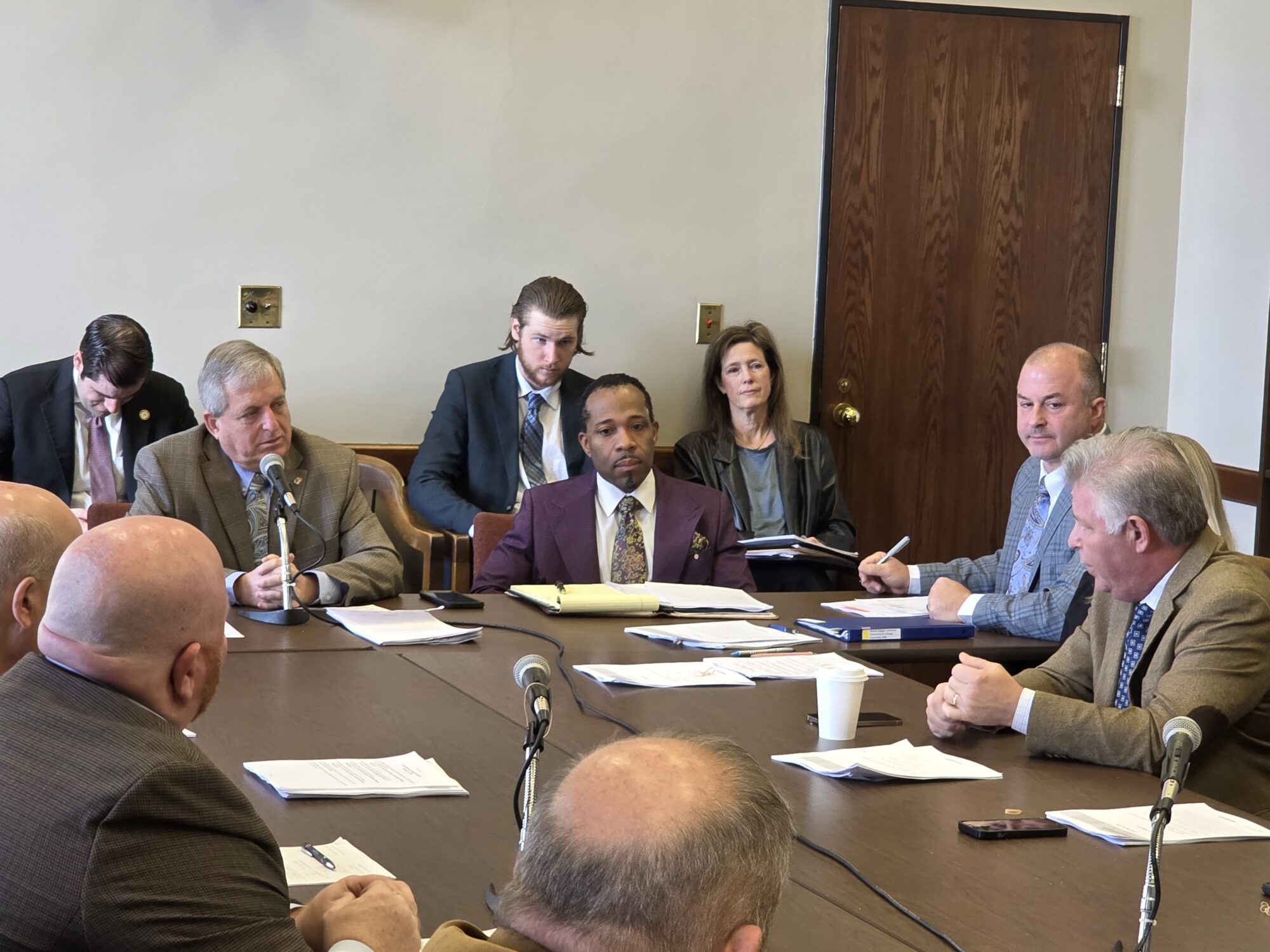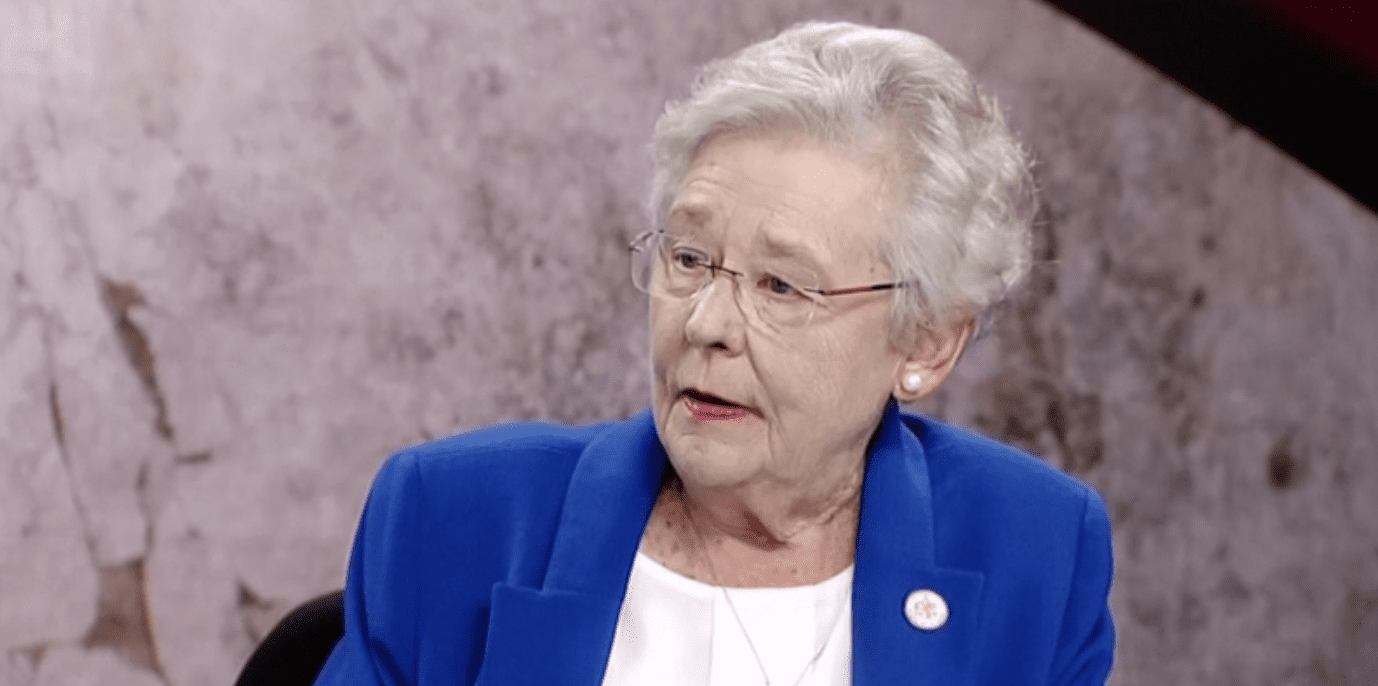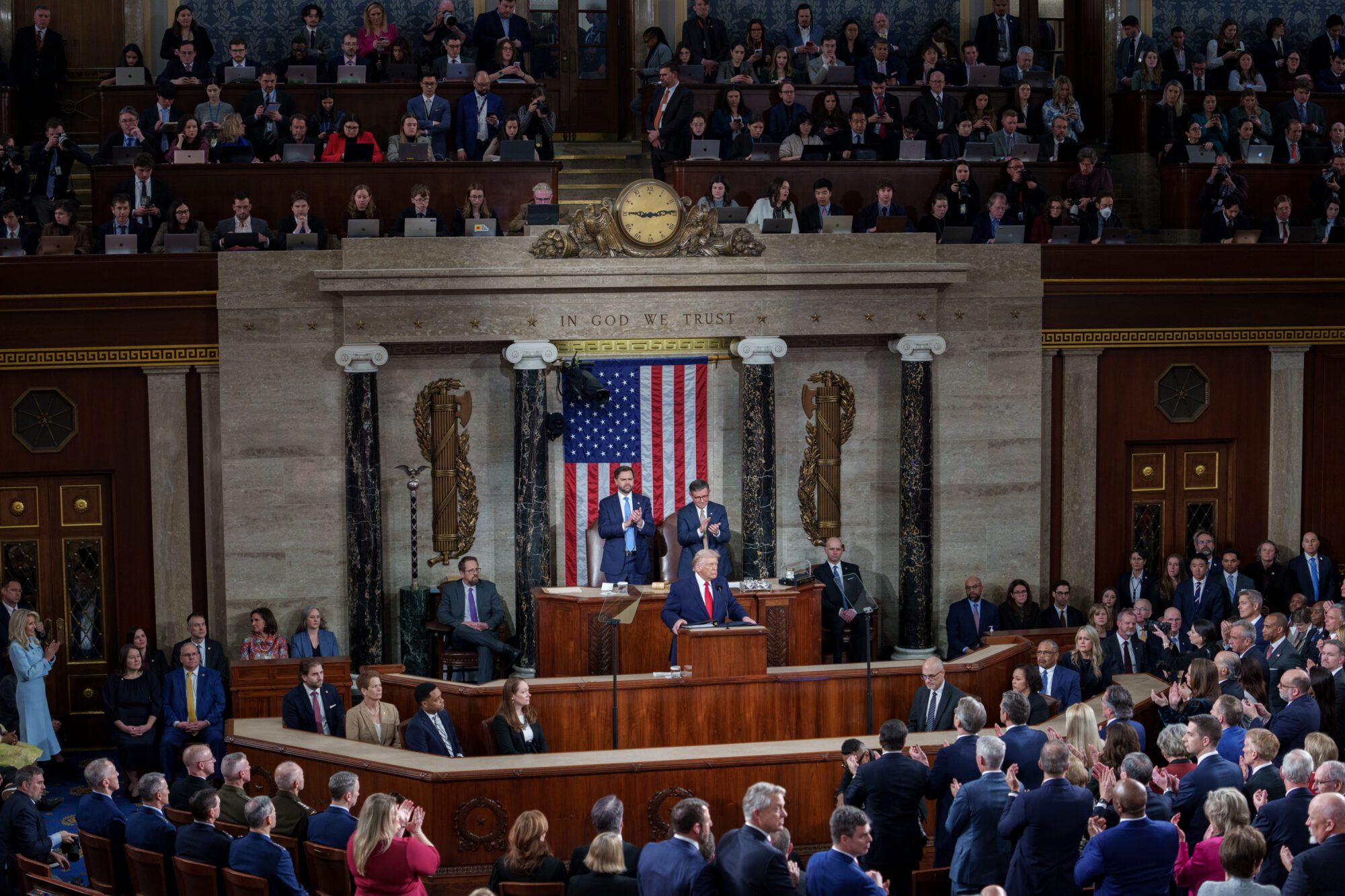
Day three of the 2018 special session showed major progress in the House and Senate on the bills at hand.
Things began quickly with the House passing HB 1 so now it will go to the governor, but as we rolled into the evening it came as somewhat of a surprise when they voted against the lottery bill, 54-60.
Around 4:00 the Senate and House took to the conference committee to discuss, modify, and bring a report of SB 2001. Conference members were announced as follows; Sen. Willie Simmons, Sen. Terry Burton, and Sen. Josh Harkins. Rep. Cassey Eure, Rep. Richard Bennett, and Rep. Cedric Burnett.
Both the Senate and the House brought up the over 130-page conference report around 7:00 p.m. Sen. Simmons went through some of the major changes in the report that includes, the changing of the name of the lottery bill to call it the “Alyce G. Clarke Mississippi Lottery Law.”
The language was included to take into consideration gender, race, and other demographics when selecting the board members for the lottery. One of the biggest issues for some members was that the organization was not included in the Public Records Act, Section 7 was revised to require public records and open meetings.
VLT devices will not be authorized under this lottery bill. The report also goes into a few more specifics on how lottery tickets can be sold and obtained. Some provisions were made to ensure that some funds would go to funding education needs in the state after $80 million in net proceeds are met.
But it seemed all of those changes were useless when, during the Senate debate, the House killed the bill before holding it on a motion to reconsider.
Chair of the Gaming Commission and House Education Committee Chair Richard Bennett supported the report.
“I think it’s a great bill, may not be perfect… we put a lot of safeguards in here for corruption and conflict of interest… there’s no way I would have compromised on anything that would hurt the reputation of the Mississippi gaming industry. We’re the only state with absolutely no corruption in the industry.”
There were no set caps on salaries for board members, however; and that point was raised on the floor.
Bennett did acknowledge that it could take up to two years for the lottery to be “set up” and start making that threshold. The Legislature would appropriate the first $80 million annually as needed.
But regardless of what Rep. Bennett said about the bill, it did not get the votes to survive. It could have a chance to come back to life on Tuesday when they convene at 12:30 p.m.
While the fate of the lottery bill still hangs in the balance, HB 1 will see the governor’s desk. After some discussion on the details of the bill that most say basically embodies last year’s HB 722, the House concurred on the bill with a vote of 109 to 4.
A few things changed in the original language of the bill include a 5-year look back instead of 10 years, it also eliminated some bonds. The bill includes a four-year phase in, in which 25% of the allocated funds are added each year, and 100% of the cities and counties funding goes on the fourth year.
Contributions by Courtney Carter












